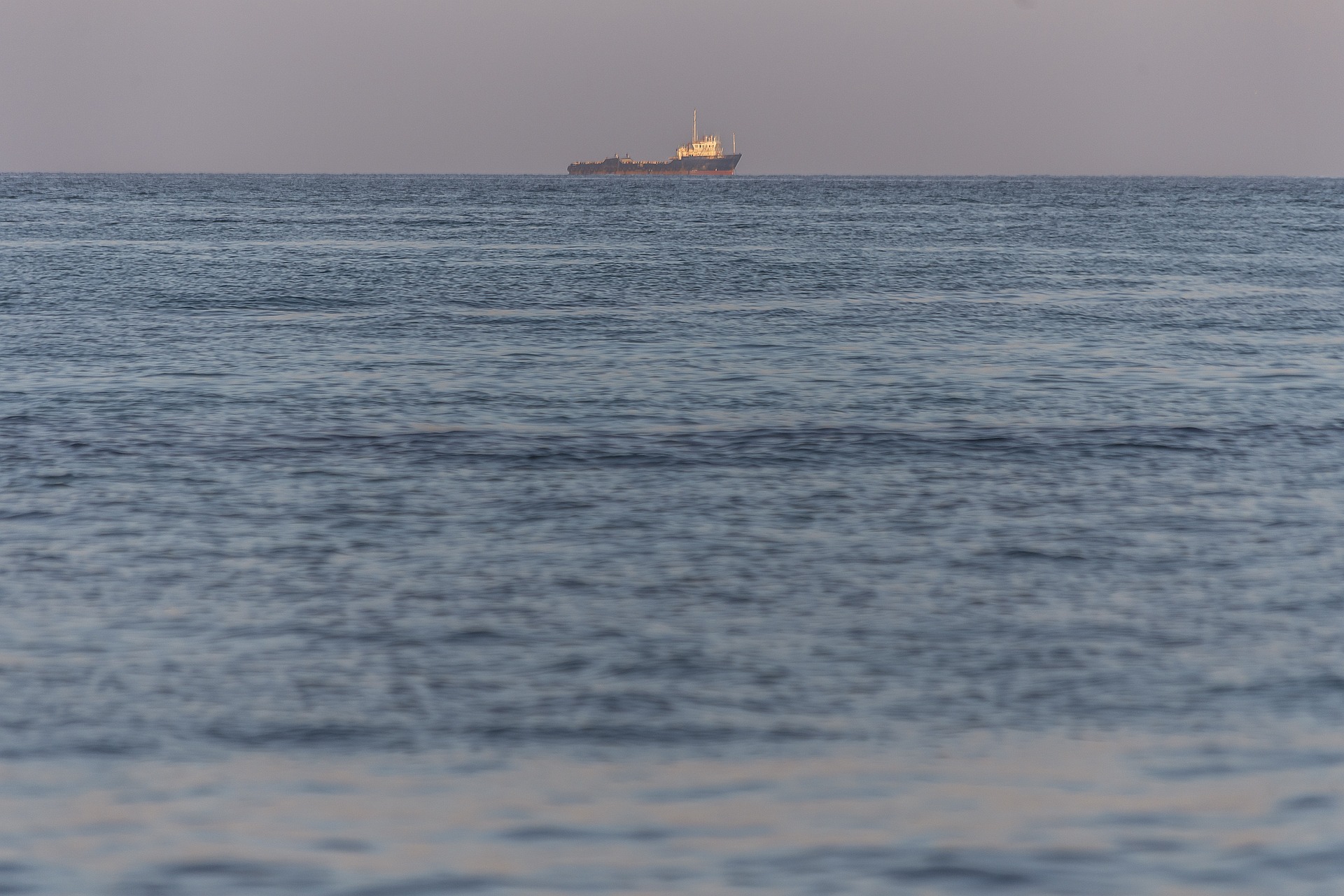The Iranian navy seized an oil tanker in the Gulf of Oman earlier this week that was on its way to Houston, according to state-sponsored media outlets in Iran.
The tanker was flying the flag of the Marshall Islands, with a load of crude oil belonging to Chevron. The vessel allegedly collided with a fishing boat, which led Iranian authorities to take control and investigate the incident.
Iran has seized a number of foreign commercial vessels since 2019. The U.S. Navy has already called for the release of the tanker and is closely monitoring the situation.
John Foster, author of the book “Oil and World Politics: The Real Story of Today’s Conflict Zones,” spoke to Texas Standard about the political and economic impacts of the seizure. Listen to the story above or read the transcript below.
This transcript has been edited lightly for clarity:
Texas Standard: Iran is not the only country with a coast along the Gulf of Oman, of course, where this tanker was seized. What does this move signal to its neighbors? And should we be reading something into that signal?
John Foster: Yes, I think the neighbors will be looking to see if they can understand really what happened. You’ve just told us what the U.S. Navy base up in Bahrain has reported. So it’s always interesting to see what the other people are saying. And in this case, the Iranians, they say it collided with a fishing boat – an Iranian fishing boat. The collision caused several Iranian crew members to go missing. Two of them, the survivors, put out a distress call. The Iranian navy turns up to rescue them and seizes the tanker. And that might well be the case or it might not. This just goes straight into the sensitivities of Persian Gulf politics, but they’re huge – they’re worldwide.
What’s the bigger issue, you think, for an energy center like Houston and Texas more broadly? Is this about economics or is this more tied to geopolitical intrigue or national security? How do you see it?
It depends who’s where, but I think in the big capitals of the world – above all Washington, but also Beijing and Moscow, too – the politics are huge. It’s like a clash of the titans. And since World War II, the U.S. has done a deal with Saudi Arabia to basically protect it in return to access its oil. And that understanding spread to other countries like Kuwait and Qatar, United Arab Emirates… And now we have this situation where the relationship between, as I see it, between the U.S. and Saudi Arabia – this huge oil country in the Middle East – has turned sour and the Saudis have turned to or are turning to China. China is the world’s single largest importer from the Middle East of oil. So obviously, it’s extremely concerned about security of supply from the Middle East.
Well, I want to make sure that I understand what the significance of this is for many of our listeners in Texas and those who are directly involved in the oil industry. It sounds to me like the rules are being rewritten in the Middle East right now, as we speak, in perhaps historic dimensions. And so it’s not so much the outcome of this particular event as it is a sort of signal of Iran being more aggressive, if I understand you, in that region and sending a message to its partners that “we’re here to protect you.” Would you say that that’s a fair reading?
It might be. I think there are two countries, at least on the west side of the Gulf, which haven’t yet bought into friendship with Iran. One is Kuwait, from which this oil has come – this tanker. But what I would say is that right now, this is a small incident and tankers do get arrested. There is a tit-for-tat. And this is not just the Iranians seizing tankers.
But more to the point, for me, is that for Houston. I would have thought, putting on my old oil hat when I once worked for BP, is that oil companies want a steady, stable world. We’ve seen an enormous disruption, cataclysmic, to world oil trade this past year with the war in Ukraine. And with that, an enormous redirection of oil trade.
So you have Russian oil going out to China big time, going out to India big time. India out of nowhere becoming a world oil refining exporting center, a bit like Texas. From the point of view of China and India, they’re getting discounted Russian oil. What is happening in the Middle East is that Russia and China are basically moving in or have moved in and the U.S. has an issue – Washington has – what to do about it. And we’ll see what it does do about it.














